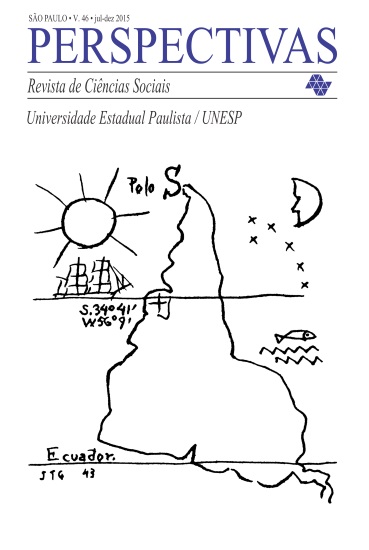Making science, making history: Florestan Fernandes, L. A. Costa Pinto and the sociology of social change in Brazil
Keywords:
Florestan Fernandes, Costa Pinto, Sociology, Development, Social Change, Structural Marginality,Abstract
This article discuss theoretical and interpretative approaches of Florestan Fernandes and L. A. Costa Pinto about social change in Brazil. These two sociologists actively participated in the intellectual debate about the development that happened in the 1950’s and 1960’s, decisive moment for the implantation of Brazil’s capitalism, marked by project contests about the country’s routes amid the rising linkage of civil society. In that context, distancing from the hegemonic nationalism in intellectual debate e from separate perspectives – close at a certain point, distant at others – Fernandes and Costa Pinto thought about the singularities of social change in underdeveloped countries, joining the debate of epistemological questions about the apropriate procedures that would allow sociology to contribute with the social change process on course, because these two authors understand the sociological knowledge simultaneously as History products and History producers. By the means of their theoretical and interpretative works, Florestan Fernandes and Costa Pinto became builders of the lexical linguistic whereby sociology thought about social change in Brazil and Latin America in the 1950’s and 1960’s.Downloads
Published
05/07/2017
Issue
Section
Desenvolvimento e mudança social

